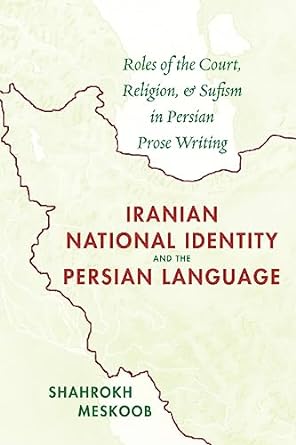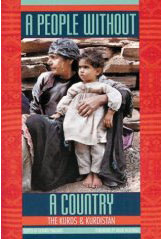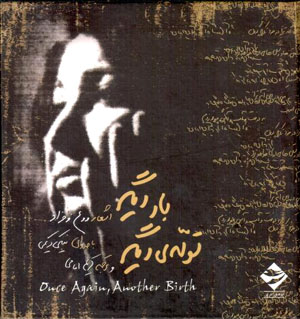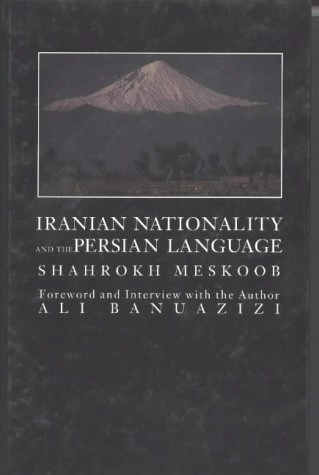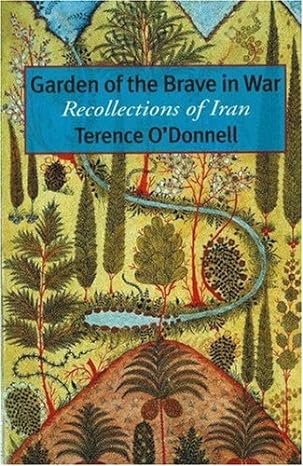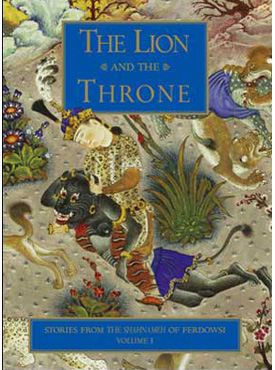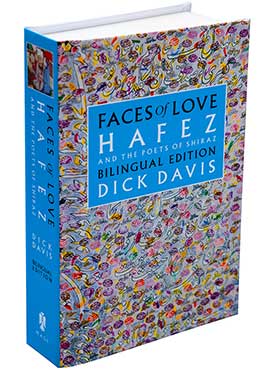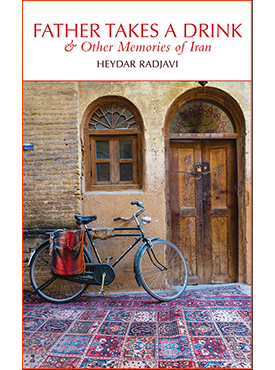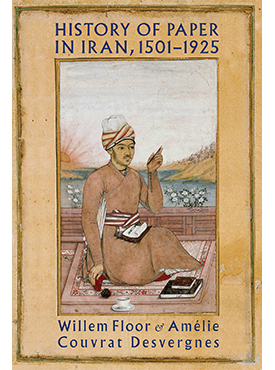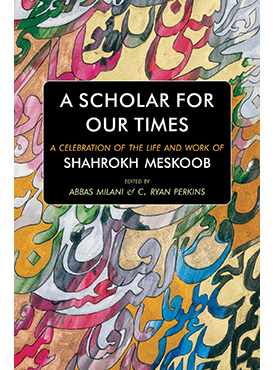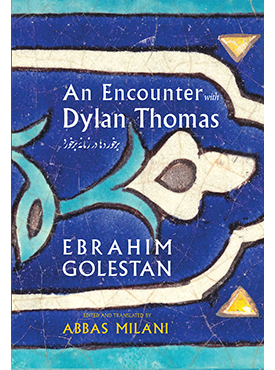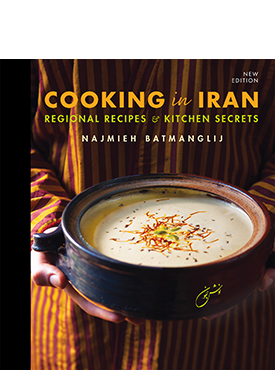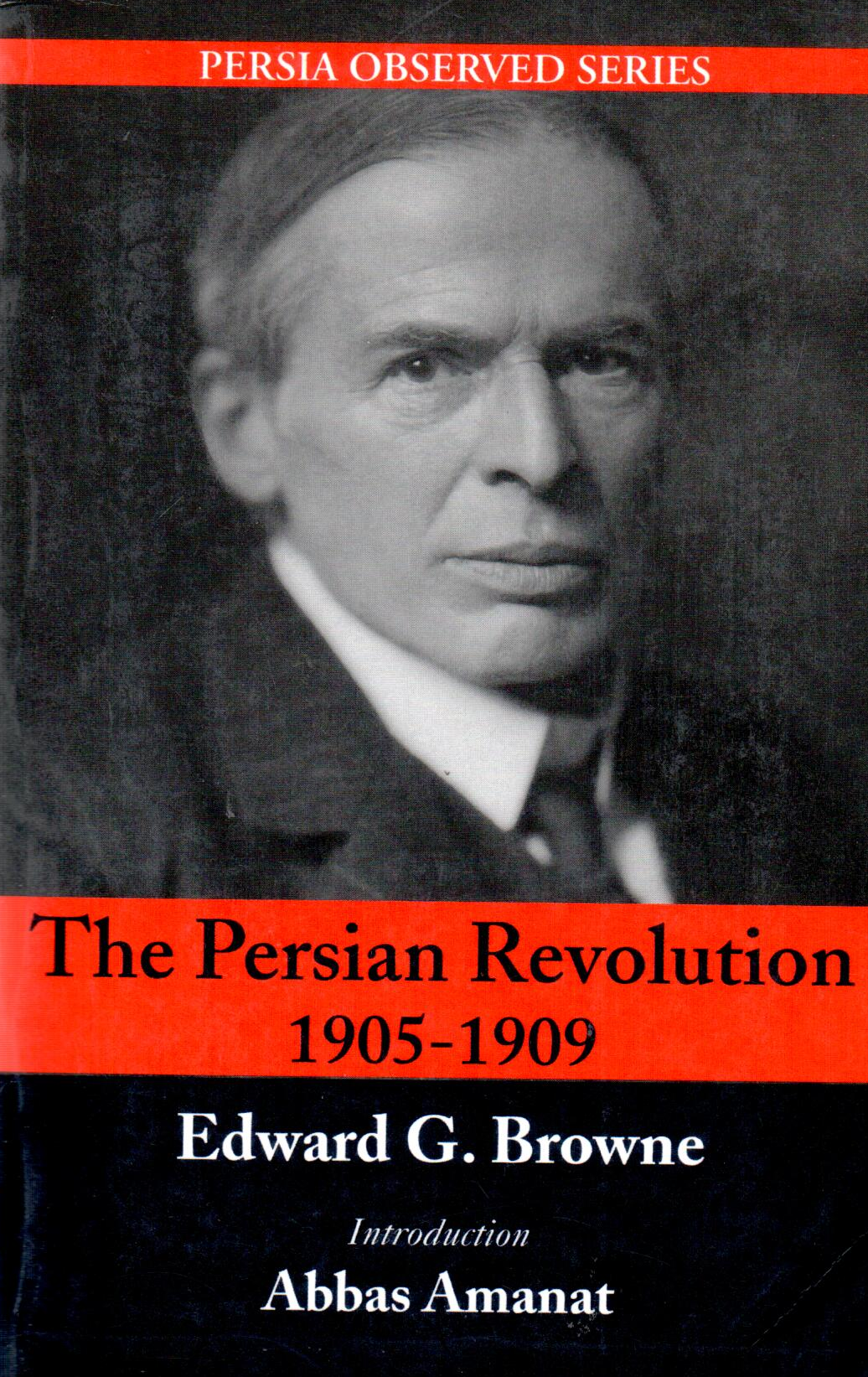هویت ملی ایرانیان و زبان فارسی الإنجليزية 1413
Iranian National Identity and the Persian Language: Roles of the Court, Religion, and Sufism in Persian Prose Writing
28٫00 $
مشاركة
Wishlist
العنوان الأصلي:
Iranian National Identity and the Persian Language: Roles of the Court
,
Religion
,
and Sufism in Persian Prose Writing
ISBN رقم:
0934211213
الناشر:
MAGE PUBLISHERS
الفئة العمرية:
البالغون
الصفحات:
191
الوزن:
468 g
أبعاد المنتج:
16 x 25 x 1٫5 cm
غلاف الكتاب:
غلاف کرتونی
Iranian National Identity and the Persian Language: Roles of the Court, Religion, and Sufism in Persian Prose Writing...
In this insightful study of Iranian cultural history and national identity, the late Shahrokh Meskoob, one of Iran’s leading intellectuals, reviewed the roles of three social classes, the courtiers and bureaucratic officials (ahl-e divan), the religious scholars (ulama), and the Muslim Gnostics (Sufi poets and writers), in the development and refinement of the Persian language during the past 1,000 years and gives the reader a fresh perspective on Iranian cultural heritage and the struggle to forge a distinct national identity. Dr. Ali Banuazizi’s foreword and interview with the author sets the stage for a fuller appreciation of this invaluable and wide-ranging contribution to Iranian intellectual history.
more
Iranian National Identity and the Persian Language: Roles of the Court, Religion, and Sufism in Persian Prose Writing...
In this insightful study of Iranian cultural history and national identity, the late Shahrokh Meskoob, one of Iran’s leading intellectuals, reviewed the roles of three social classes, the courtiers and bureaucratic officials (ahl-e divan), the religious scholars (ulama), and the Muslim Gnostics (Sufi poets and writers), in the development and refinement of the Persian language during the past 1,000 years and gives the reader a fresh perspective on Iranian cultural heritage and the struggle to forge a distinct national identity. Dr. Ali Banuazizi’s foreword and interview with the author sets the stage for a fuller appreciation of this invaluable and wide-ranging contribution to Iranian intellectual history.
more

